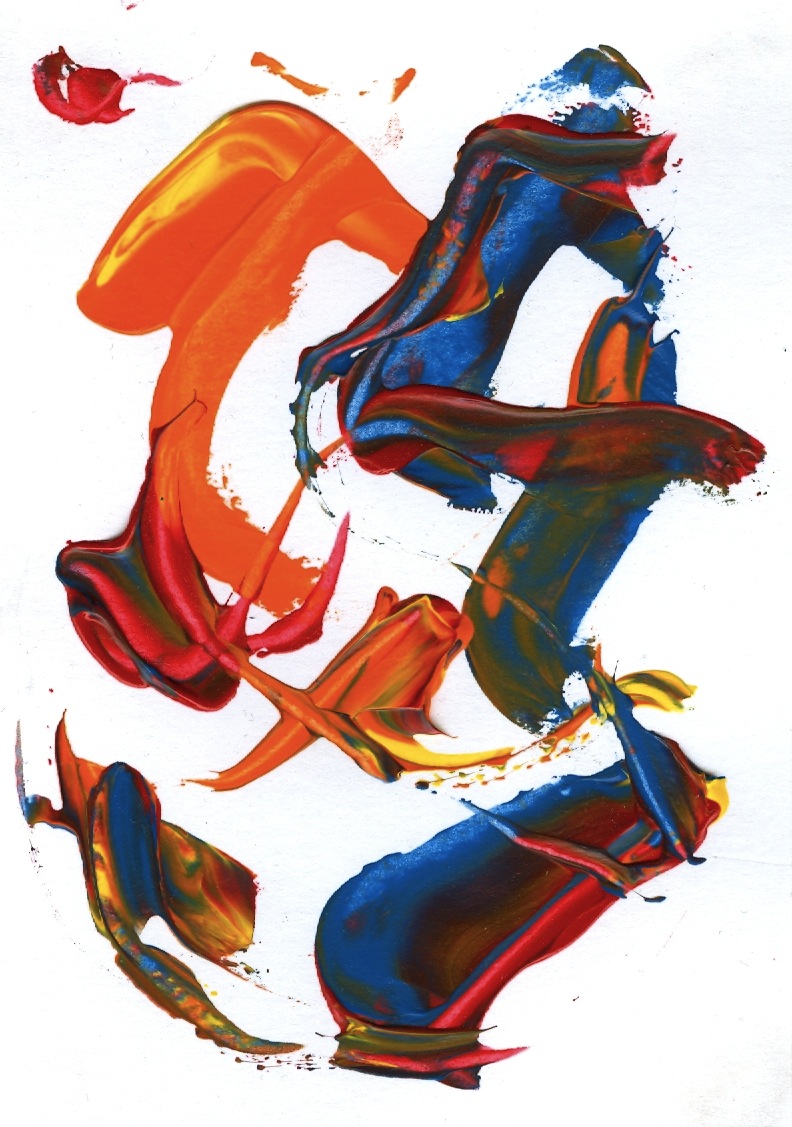Daryl Runswick
Come On You Arsewalls
2'58
In 1989 I was engaged to lead a composition project in a South-East London boys' school. The only thing I could raise any interest in was football. So I based the project on football chants – three reasonably local ones: 'Come on you Spurs', 'We love you Arsenal, we do', and 'Millwa-all'. I took my Ensoniq sampler into the school and we recorded the chants and played around with them. The boys did some pretty good work, I remember.
The project continued for three weeks or so, one afternoon a week,
and I promised the boys I'd make a piece of my own using the same
samples they were working with. Come On You Arsewalls is the
result. I didn't 'play down' to them at all but did my best and most
advanced work, hoping that because the boys were working with the
same samples and similar processes they'd 'hear' what I was doing.
You will notice me playing back the football chant recordings on the
sampler's keyboard, both at natural pitch and higher and lower.
Listening today I also detect the use here and there of the kind of
signal processing typical of a Yamaha
SPX 990 box I owned at that time. When I'd got the material how I
wanted it I recorded it onto analogue tape (no digital recording
technology was yet available at domestic prices), then I cut up the
tape randomly without listening to it, into different lengths which
I threw onto the floor, and stuck it back together in whatever order
it arrived in (some passages happened to come out backwards). In
this I was paying homage to the Cage of Fontana Mix, which
I'd just heard and whose heady blend of absolute crudity and great
sophistication I much admired.
In the end the boys were relatively bemused by my piece: but they listened carefully and (I hope) got something out of it. The real point of the project, of course, was their own work, which was done 'live' and not, regrettably, recorded.
Artwork by Alison Truefitt
